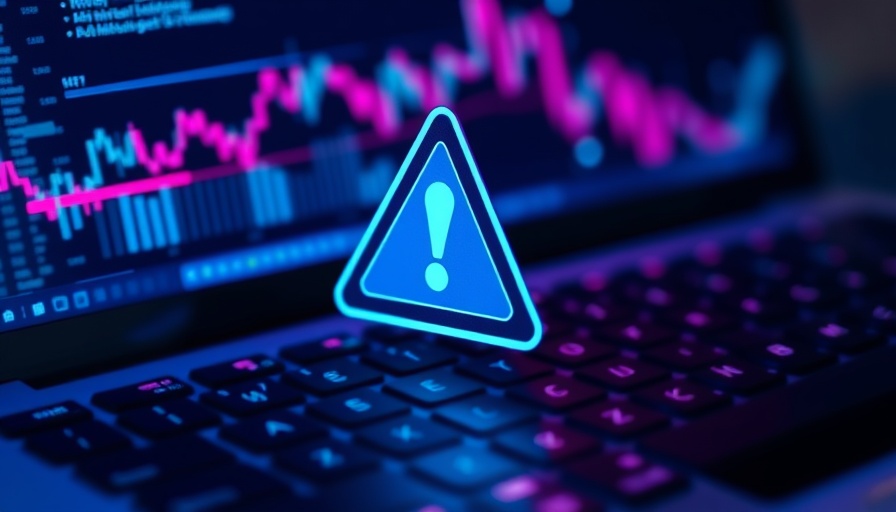
A Frightening Reality: Ransomware in Healthcare
Kettering Health has confirmed that it fell victim to a ransomware attack on May 20, leading to a substantial disruption in its IT infrastructure. The incident triggered an immediate shutdown of several computer systems and most phone lines, leaving patients and staff grappling with reduced access to crucial services.
While Kettering officials are still assessing the fallout, they have yet to determine if patient or employee data may have been compromised. A concerning pop-up message demanding negotiation within 72 hours was reported to appear on numerous computers. Despite this, Kettering has stated that no ransom has been paid, and recovery from the attack is expected to take between 10 and 21 days. Fortunately, emergency and urgent care departments remain operational but face challenges due to the overwhelming system outage.
The Broader Implications of Cyberattacks on Health Services
Ransomware incidents such as this one highlight a critical vulnerability within the healthcare sector. A recent study by Compartiech notes that healthcare organizations experience an average of 14 days of downtime due to such attacks, with annual variances indicating an alarming trend. In 2023 alone, organizations grappled with an upsurge to nearly 19 days of outage time.
When systems fail, the ripple effects can disrupt patient care considerably. Facilities might be compelled to redirect patients to alternative sites, compounding delays in crucial medical attention. This scenario not only threatens immediate care but could also undermine the crucial trust that patients place in healthcare providers.
Real-World Examples: The Fallout of Cyberattacks
Cybersecurity failures are not limited to providers like Kettering. Take the instance of Change Healthcare, which, despite not being a direct care provider, faced significant operational challenges during a cyber incident. This attack impeded healthcare procedures and did not only delay care but also raised questions about the reliability of healthcare operations in the face of digital threats.
Understanding the Ransomware Epidemic
The rise in ransomware attacks against healthcare organizations is not just a trend; it's a growing crisis demanding attention. For families and patients, the implications of such breaches are profound. The fear of having sensitive data compromised, coupled with the frustration of having to find treatment elsewhere, underscores the urgent need for improved cybersecurity measures within the sector.
Looking Forward: What Does This Mean for Healthcare?
As Kettering Health works toward recovery, the broader question remains: how can the healthcare sector bolster its defenses against such attacks? Adopting more robust cybersecurity strategies, including employee training, stronger systems, and contingency planning, will be pivotal in ensuring that organizations are prepared for future threats.
A Personal Note on Health and Security
The ongoing fight against ransomware not only challenges healthcare technology but also calls for greater awareness among patients. As we navigate these turbulent times, it's essential for individuals to stay informed and engaged federally and locally about the cybersecurity practices in their healthcare systems.
Facing a ransomware breach may be daunting, but it serves as a wake-up call for all—patients, providers, and policymakers alike—to prioritize security without compromising care.
 Add Row
Add Row  Add
Add 




 Add Row
Add Row  Add
Add 

Write A Comment